Goldfish
Call for pricing
A Great Fish for Outdoor Ponds. Store pick-up only.
We Stock a Great Range of Goldfish for Outdoor Ponds, Including Comets, Shubunkins, Fantails, Calicos, Black Moors and Golden Comets. Goldfish are easy to Care for and are Suitable for Most Ponds. They come in a Range of Colours and Types, Come in and Choose some Today!
Size: Goldfish, depending on the species, can grow up to 30cm in size. They may only mature fully to this size if kept in a large pond. In Aquariums, Goldfish will have stunted growth and may only reach a maximum size of 10cm.
Distribution: Native to East Asia.
Reproduction: Goldfish will generally start spawning in Spring when the temperature starts to warm up. During the spawning you will notice the Male's chasing the Female's. The Male Goldfish will ram into the female's to encourage them to deposit the eggs. If you find the Male Goldfish are being too rough and bullying the Female's it may be a good idea to remove the female's and place them in a separate pond. The eggs are adhesive and will cling to any aquatic plants, rocks or debris in the pond. When spotted by the male's they will fertilize the eggs. Eggs can hatch within 48-72 hours. The Goldfish will eat their own eggs and larvae so you can either place a lot of aquatic plants in the pond for them to hide in or use breeding mats. The breeding mats make it easy to remove eggs so that they can be placed in another pond.
Feeding: During Summer feed Goldfish a quality High Protein Food. You can feed fish every day or every second day. Goldfish will also eat any Algae that forms in the pond, along with any bugs. In winter their metabolism slows right down and any food given to them can sit undigested. You can cut right back on the feeding during this time and feed them a wheat germ based food. Avoid overfeeding, as this can contaminate the pond.
Life Expectancy: Goldfish can live up to 15 years. They can live even longer if given optimal conditions. The lifespan will vary depending on the species you have. For example, Fantails may only live up to 10 years.
Be the first to review “Goldfish” Cancel reply
You must be logged in to post a review.
Related products
Aquaponics
Fish
Fish
Fish
Fish

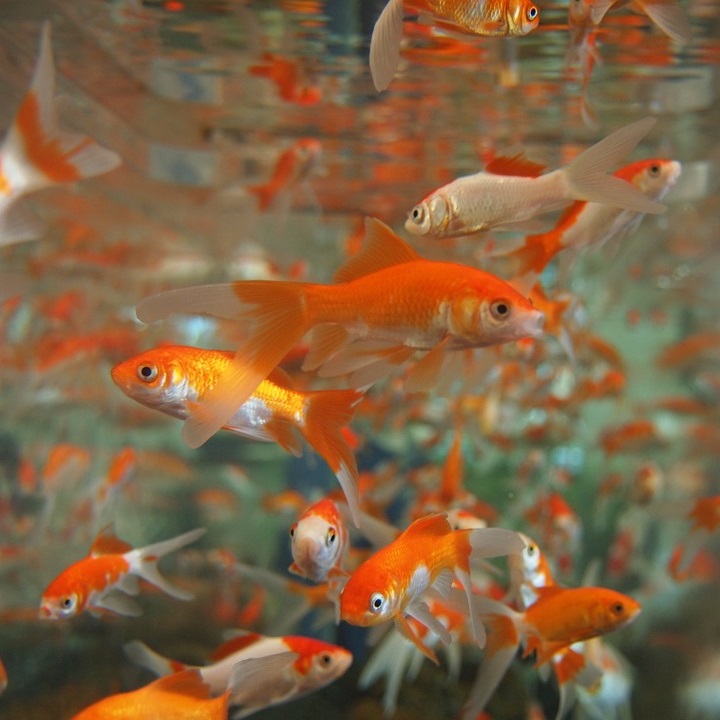
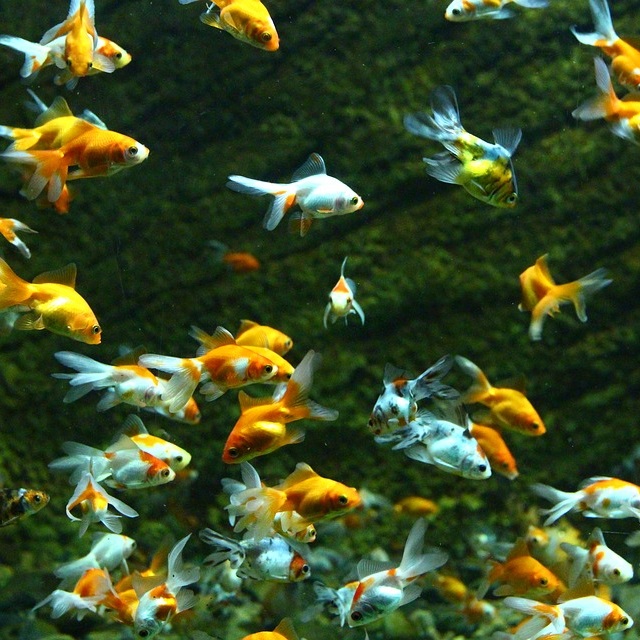
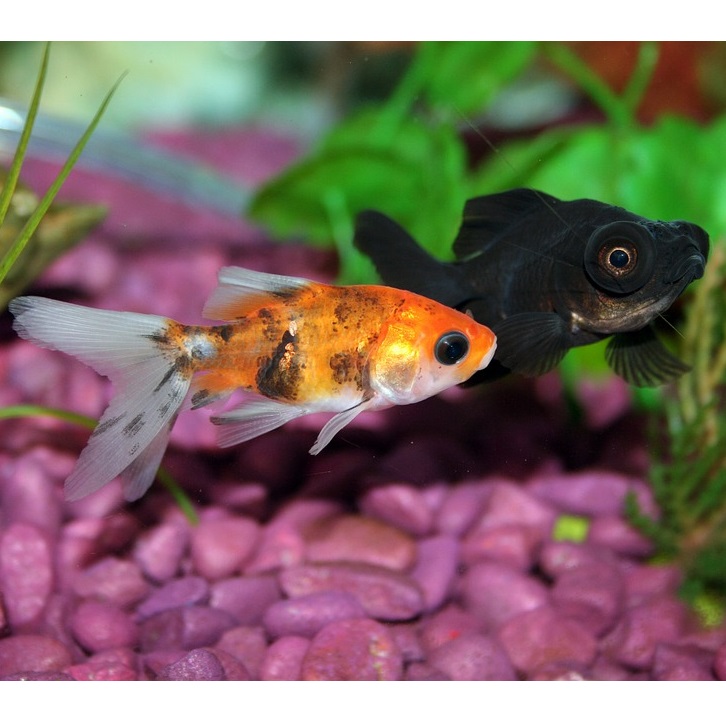
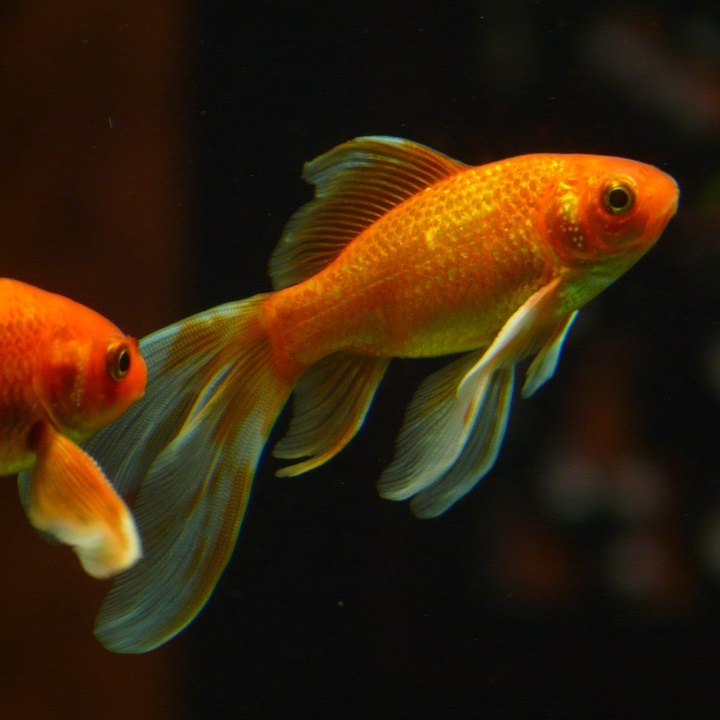
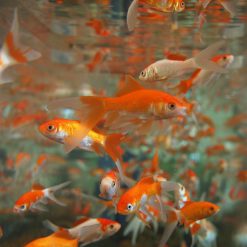
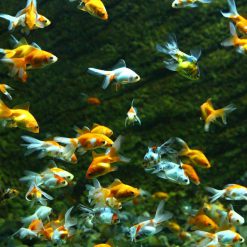
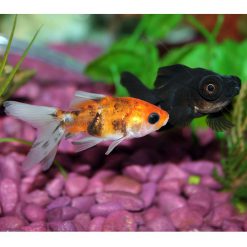
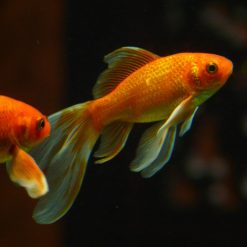
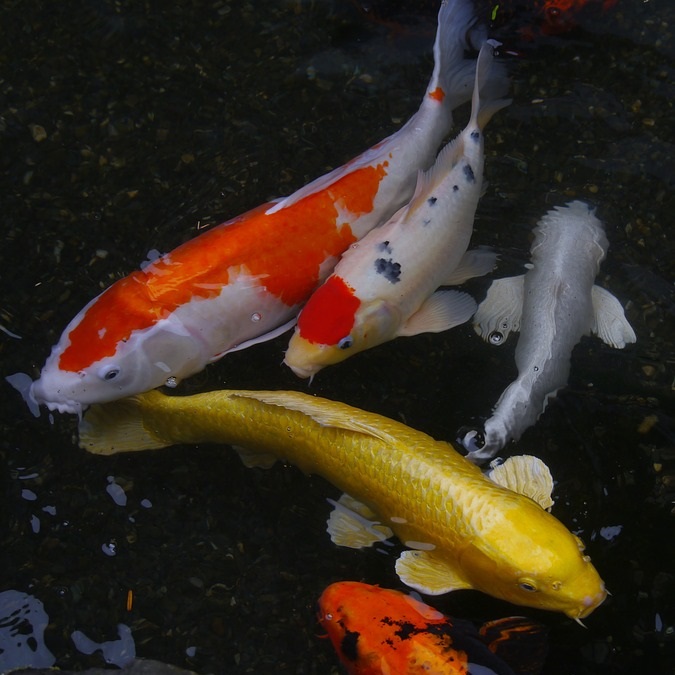
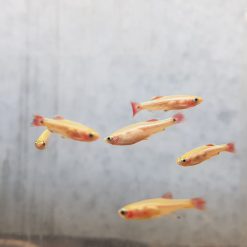
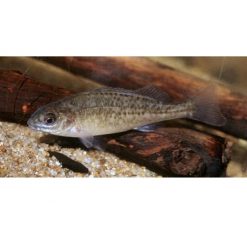
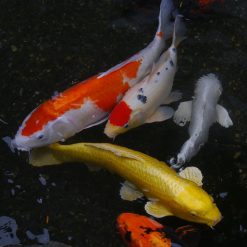
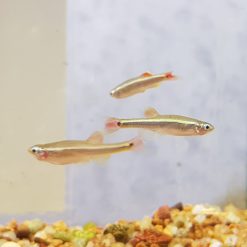
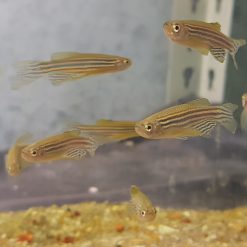
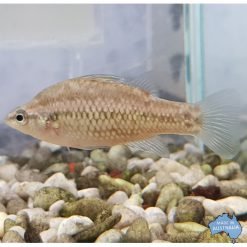
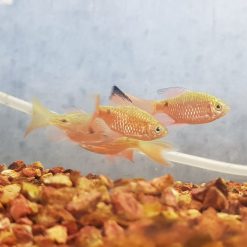
Reviews
There are no reviews yet.